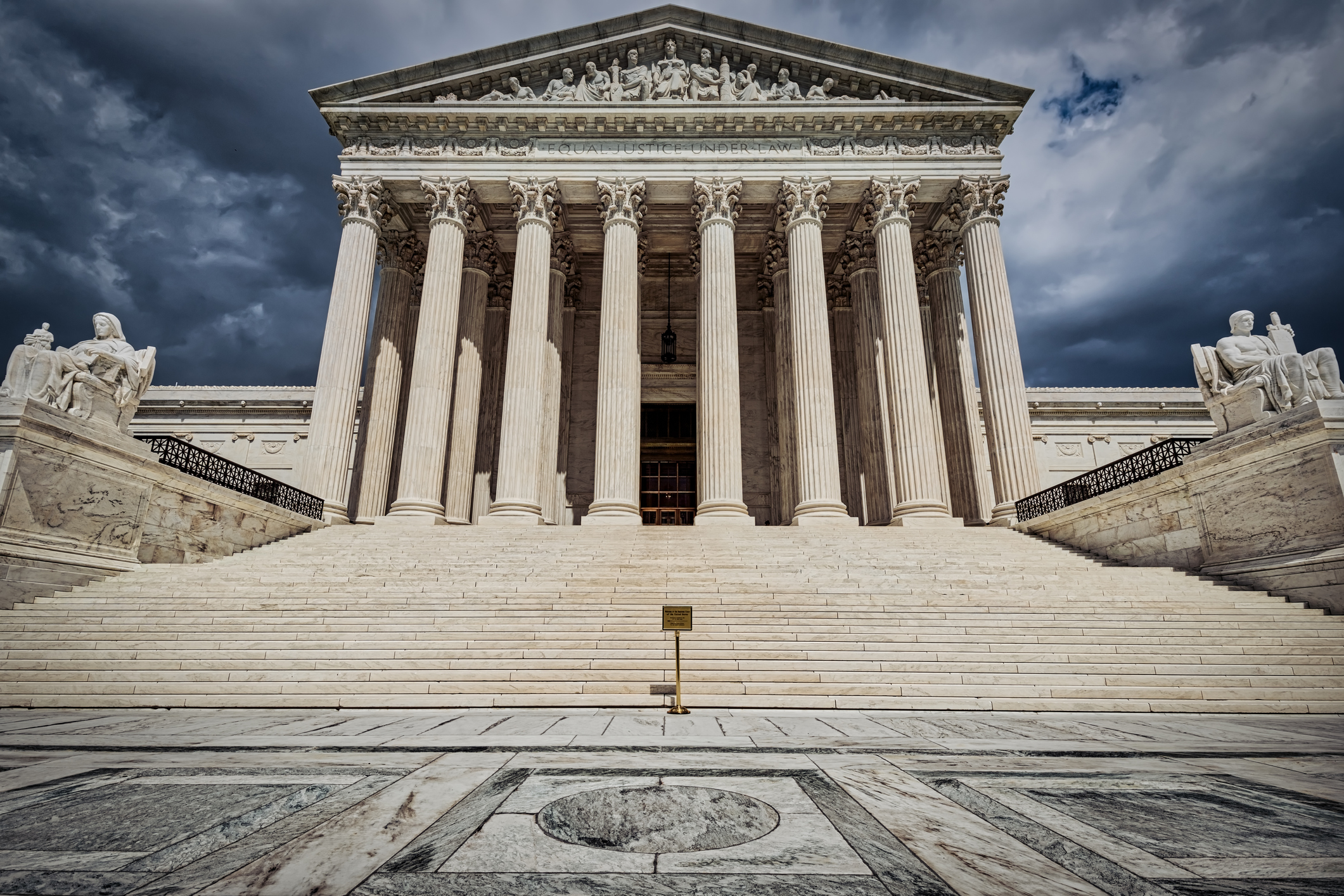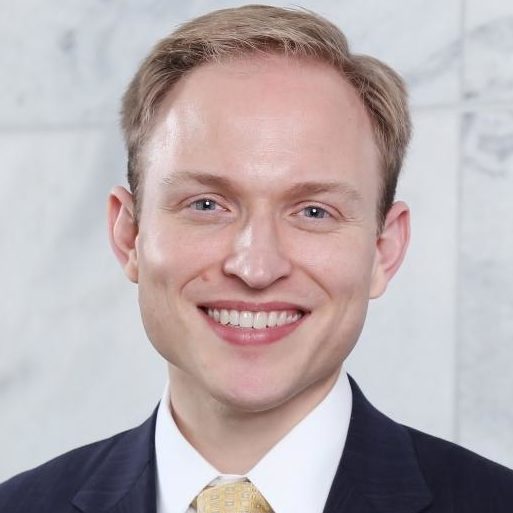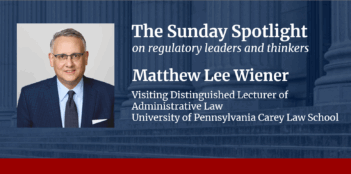
If confirmed, Judge Kavanaugh would likely support narrowing Chevron’s scope.
How might a new U.S. Supreme Court Justice Brett Kavanaugh review federal agency statutory interpretations that come before him on the Court?
To find at least a preliminary answer, we can look to his judicial behavior while serving on the U.S. Court of Appeals for the D.C. Circuit—and there is plenty of relevant Kavanaugh judicial behavior to observe. Since starting his service on the D.C. Circuit in 2006, Judge Kavanaugh has participated in the disposition of around 2,700 cases and has authored more than 300 opinions. Over a third of those authored opinions involved administrative law.
Our recent empirical work provides insight into how Judge Kavanaugh, along with many other circuit court judges, review federal agency statutory interpretations. We have looked at over 1,600 instances of judicially reviewed statutory interpretations in the circuit courts from 2003 to 2013. Just a small fraction of these cases include decisions by Judge Kavanaugh. Of the 33 relevant Kavanaugh observations in our data, he voted in favor of the agency’s statutory interpretation 25 times. Kavanaugh’s overall 75 percent rate of support for agencies in these cases was slightly above the overall average for all judges in our data at 71 percent.
Judge Kavanaugh’s deference to agencies rose to over 81 percent when the agency’s interpretation was conservative, and it fell to under 71 percent when the agency’s interpretation was liberal. In other words, Judge Kavanaugh was somewhat more likely to defer to agencies’ interpretations when we would expect those interpretations to align with his political preferences.
Kavanaugh’s voting inclinations in these interpretation cases are not an outlier; rather, they line up with the broader trend that we observed across circuit judges of all political stripes and are actually less ideologically tinged than those of many other judges in the data.
But if Judge Kavanaugh soon becomes Justice Kavanaugh, are we likely to see the end of Chevron v. Natural Resources Defense Council as we know it today?
Based on his judicial record and academic writings, it seems quite possible we will. Judge Kavanaugh has expressed support for “reining in” the Chevron doctrine of deference to federal agencies’ reasonable interpretations of ambiguous statutory provisions. He has said he wants to make it less “indeterminate” and “antithetical to the neutral, impartial rule of law.” Kavanaugh has also argued that, although “some may conceive of judging more as a partisan or policymaking exercise in which judges should or necessarily must bring their policy and philosophical predilections to bear on the text at hand,” he believes that the “American rule of law…depends on neutral, impartial judges who say what the law is, not what the law should be.”
As one of us has detailed elsewhere, Judge Kavanaugh’s record suggests at least three ways in which he could limit the reach of Chevron deference. First, like Justice Antonin Scalia, a Justice Kavanaugh would likely apply all of the textualist tools available to eliminate statutory ambiguity at Chevron’s first step. Second, he would aggressively embrace the major questions doctrine to refuse Chevron deference for any statutory ambiguity that raises a question of deep economic or political significance. Third, a Justice Kavanaugh may argue against judicial deference with respect to specific statutory terms and phrases, preserving deference only for open-ended statutory delegations that do not raise major economic or political questions.
Ironically, if Kavanaugh and his fellow justices successfully reduce Chevron’s domain, they may actually create an environment that is much more conducive to judicial preferences affecting decisions. Our empirical results for all circuit judges provide important nuance about cases decided under Chevron deference versus those decided under a standard that is less deferential to the agency: Conservative panels using the Chevron doctrine were as much as 25 percent less likely to uphold a liberal agency interpretation than liberal panels, and liberal panels applying Chevron were as much as 23 percent less likely to uphold a conservative agency interpretation than conservative panels.
However, when reviewing panels applied a less deferential standard than Chevron, judges’ ideological behavior skyrocketed. Conservative panels were as much as 63 percent less likely to agree with liberal agency interpretations than liberal panels, and liberal panels were as much as 36 percent less likely to agree with conservative agency interpretations than conservative panels. (Note that, with only four observations in our data where Judge Kavanaugh reviewed an agency statutory interpretation while applying a less deferential standard of review than Chevron, it would be unwise to draw specific conclusions about his individual behavior in that regard.)
But Judge Kavanaugh has also argued that Chevron shifts too much power to the executive branch by encouraging it “to be extremely aggressive in seeking to squeeze its policy goals into ill-fitting statutory authorizations and restraints” and to push “the legal envelope.” This may be an area where a Justice Kavanaugh could find support in our research. We find that deference levels to agency statutory interpretations, both liberal and conservative, increased under Chevron compared to under other standards of review. Specifically, we see an average overall agency-win rate of 77 percent when judges applied Chevron deference. But that average number fell to just 54 percent when Chevron deference was not applied.
In short, Chevron deference may exacerbate agency overreach, but it may also mitigate judges’ ideological decision-making. Yet, on the flip side, Chevron’s absence may limit agency overreach, but exacerbate subconscious ideological judicial behavior. The key issue for the Court will be how to balance the benefits and costs of Chevron deference or other forms of judicial review.
Whether supported by the data or not, Kavanaugh will likely find support for narrowing Chevron from several of his prospective Supreme Court colleagues. Chief Justice John Roberts has called for a more context-specific Chevron deference. Justices Samuel Alito and Clarence Thomas joined then-Justice Scalia in Perez v. Mortgage Bankers Association to question the constitutionality and wisdom of judicial deference to agency interpretations of their own regulations. That said, as his dissent in Pereira v. Sessions this year hinted, Justice Alito may not be as excited as others to reconsider Chevron deference. As a judge on the U.S. Court of Appeals for the Tenth Circuit, now-Justice Neil Gorsuch called for less reflexive deference to agency statutory interpretations. Justice Thomas has raised similar concerns about Chevron deference.
The Supreme Court will no doubt continue to assess the scope and strength of Chevron deference in the years ahead. As was the case with Gorsuch’s confirmation hearing last year, we should expect Chevron deference to be a prominent line of inquiry at Kavanaugh’s hearing next week before the Senate Judiciary Committee. And based on his judicial record and academic writings to date, we would expect a Justice Kavanaugh to contribute significantly in shaping the future of Chevron deference and administrative law more generally.
This essay is part of a series entitled Judge Kavanaugh and Administrative Law.





